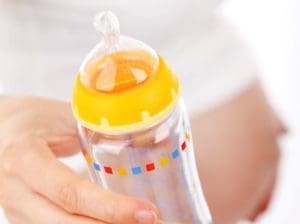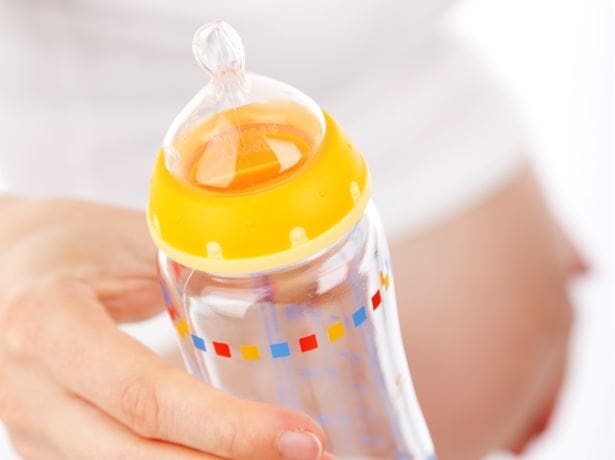

The Delaware Division of Public Health has issued some suggestions for parents struggling to find baby formula for their infants.
The Delaware Division of Public Health on Tuesday warned parents worried about finding enough baby formula for their children to not make or use homemade formula and to never dilute the formula they may have.
Parents across the country are dealing with a shortage of baby formula created by supply chain issues as well as a massive recall in March that sent people scurrying to other brands.
Especially in the last few weeks, people on social media have been posting sightings of formula on store shelves and telling people where they found it and when.
Others have been telling people to switch their Amazon accounts from the U.S. to Canada, where there are no shortages, and have formula shipped from there. That doesn’t work, some posters have said.
The state said those receiving the Women, Infant and Children nutritional benefits have been asked to return any unused formula to the Food Bank of Delaware or state agency food pantries so it can be passed to those in need.
Delaware Congresswoman Lisa Blunt Rochester said on her Facebook page today that she’s asking the USDA to allow moms who are on WIC benefits to be able to use those benefits online to deal with the shortage. Rules now allow those moms only to use those benefits in brick and mortar stores to pay for formula.
Public Health told parents to consider substitute formulas if their brand was not available, but also to talk to their doctors about changes.
“Doctors can provide guidance on comparable formula and specialized formula to meet their babies’ medical and nutrition needs,” the state said. “For most babies, it is OK to use a similar version of their formula if their regular brand of formula is not currently available. Talk with your baby’s pediatrician about alternatives.
The state also urged parents to check a manufacture’s site online for formula availability before going to a store to purchase.
In other reminders, Public Health said:
- Do not make or use homemade formula: Per the American Academy of Pediatrics and Food and Drug Administration, homemade formulas often lack or have inadequate amounts of critical nutrients vital for a babies growth and development and in some cases can cause infants to be hospitalized due to low calcium.
- Watering down infant formula can be dangerous and even life-threatening, leading to a serious nutritional deficit and health issues.
- Consider a substitute formula: For most babies, if their regular brand of formula is not currently available, using a similar version of their formula is ok. Talk with your baby’s pediatrician about alternatives.
- If you receiving breast milk, formula should be used until your baby turns 1 year old, but if your child is over six months you can start to supplement nutrition with some solids. Talk to your pediatrician about introducing some solids like fortified cereal, mashed bananas and pureed poultry and beans.
- Talk to your doctor: Families should consult their pediatrician to discuss the best options for their child. Doctors can provide guidance on comparable formula and specialized formula to meet their babies’ medical and nutrition needs.
- When possible, breastfeeding is the healthiest option for children under age 1.
- Parents who are breastfeeding or need additional support may want to consider a lactation consultant or support groups, or seek assistance to access a breast pump at a low cost through your insurance provider, Medicaid or WIC to assist with milk supply. There are also breast milk banks that properly store, test and distribute donated mothers’ milk to meet the specific needs of infants for whom human milk is prescribed by physicians.
- The Delaware WIC program offers breastfeeding assistance to new mothers, including peer counselors, lactation consultants and manual pumps. Details on WIC’s breastfeeding programs can be found here.
- Several birth hospitals in Delaware also offer breastfeeding support and parent education. Individuals should check with their local hospital to see what services are offered.
Public Health also said it wanted to remind parents that state and community resources that could be helpful during this time, such as WIC, SNAP or TANF, are available to help with the cost of buying formula or to find other infant supplies through local food banks.


Betsy Price is a Wilmington freelance writer who has 40 years of experience.
Share this Post








